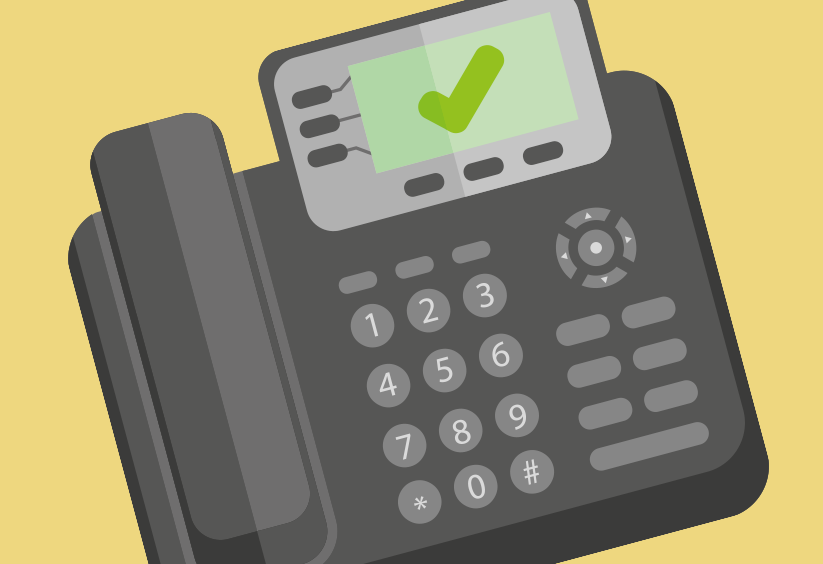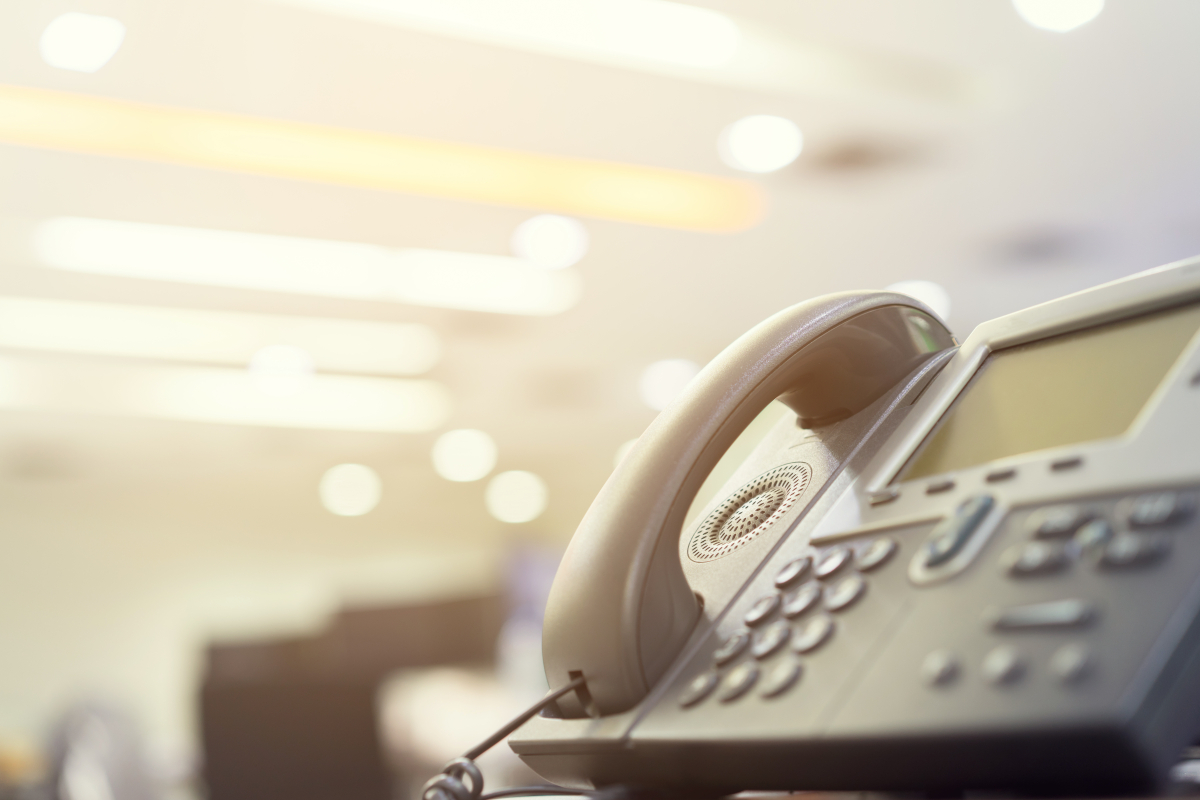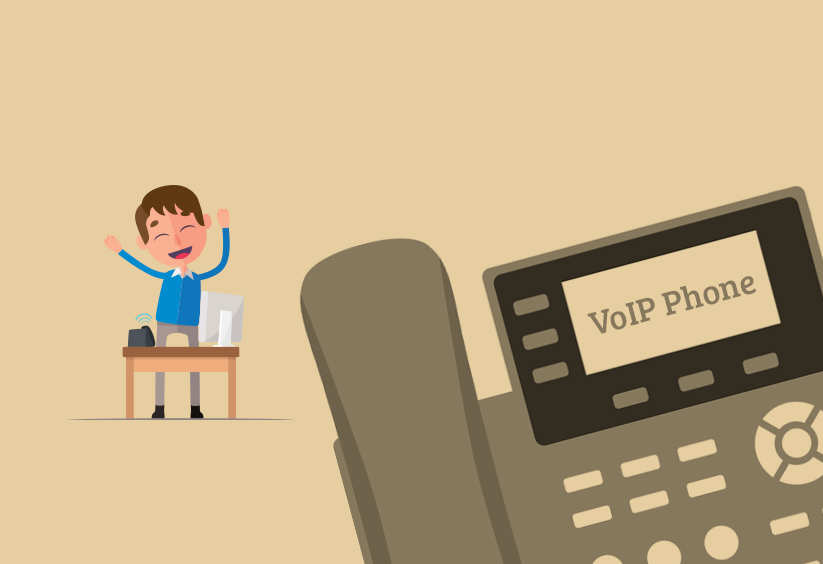Cart Total
$0.00
-
Your shopping cart is empty
Loading

Hello! Log in Your Account
New customer? Start here


|
4 min read
Contents
Quick Summary
Discover the uses and benefits of using Power over Ethernet (PoE) in your Hosted VoIP network and beyond.
When choosing the right hardware for your VoIP system, one term you may come across frequently is PoE. When I first started working around VoIP phones and associated hardware, I had no idea what this term stood for, and had to quickly get my head around it. Now, as one of the newest members of the Yay.com team, I can tell you everything I have learned about PoE.
PoE stands for Power over Ethernet, and is becoming more and more prevalent in VoIP hardware. The theory is simple, instead of having separate cables for powering your phone and connecting it to the internet, you connect a single ethernet cable that performs both functions. Today, you can power a wide range of products via an ethernet cable, including VoIP phones, IP cameras, and wireless access points.
To connect a series of PoE devices to your network, you will need a PoE Switch; which automatically recognises if a connected device requires PoE, and supplies power to them.
Alternatively, if you need to connect a device via PoE, but don’t want to pay for a switch with more ports than you know what to do with, you can power your devices through a PoE injector. These small units inject power from your ethernet cable to ensure that your devices receive the throughput that they require. You can find these injectors for both common standards of PoE, and Ubiquiti ship all their products with the exact PoE injector your device requires.
The main benefit of PoE is its flexibility. By having just a single connection to a wall socket, you can position every PoE device you use in the exact location you require. This allows you to set up your network precisely how you want it, and also to reposition your devices whenever needed without covering your desks with wires.
PoE is also highly reliable in comparison to mains power, as the power supply comes from a universally compatible source. If backed up by an uninterruptible power supply, a PoE network will hardly ever need to be reset, and will prove to be a stress-free network solution for you. The introduction of the 802.3af standard has made PoE compatible with almost every network. As long as you have a typical Cat5e ethernet cable, you will be able to connect your PoE device into your network, and start it up with no problem.
These benefits amount to a great amount of time and money saved, as its simplicity removes the need to hire an electrician to install electrical power cabling specifically for your network.
With many Ubiquiti products, you may see the term ‘Passive PoE’, this is a standard that was used frequently by Ubiquiti, and is separate to the more common 802.3af standard PoE.
The intention was to reduce the difficulties caused by congestion on certain bandwidths. Passive PoE also runs at a much lower voltage than the standard PoE, with Passive PoE providing 24V of power compared to the 48V that usually run through an ethernet cable.
Consequently, products that are compatible with passive PoE were in fact incompatible with most networks for a long time. This is important to note, as attempting to connect a device that is powered by passive PoE can often overload it, rendering the unit broken. With their most recent products, Ubiquiti has adapted their technology to support both standard 802.3af and Passive 24V PoE, making their products more versatile. You can check whether your Ubiquiti products are updated in this way by looking for a blue triangle on the packaging. If this is present, then your device can be connected to your network directly.
To ensure that their older products were usable on standard networks, Ubiquiti has also produced a PoE injector, to convert the standard 48V PoE to 24V Passive PoE. The INS-3AF-IG reduces the voltage from a 48V ethernet cable input, and provides a 16V output, allowing Passive PoE compatible units to be connected to any network.


From side-hustles to career changes, discover small business inspiration and ideas for you to explore this year.
Posted February 19 2025 | 7 min

What should you look for when purchasing a VoIP phone? We give you tips on common considerations when pairing VoIP phones with a VoIP service.
Revised June 15 2022 | 5 min

Working from home with a VoIP Phone System should be a breeze. Here's how to fix the five most common VoIP issues
Revised December 8 2021 | 8 min

Learn how to setup a VoIP phone in a 5 minute video breaking down the stages.
Revised October 20 2021 | 6 min

Introducing BYOD or Bring Your Own Device policies to your business can help enhance your business and bring increased flexibility and satisfaction to your workforce.
Posted February 6 2019 | 7 min

Learn about DECT phones and the benefits of using a VoIP compatible DECT phone with a hosted VoIP service to great effect for your business calls.
Posted July 7 2017 | 3 min

Find out what ringback tones do and how they're made by your VoIP provider for your phone system.
Posted February 16 2017 | 4 min

Find out about the differences between analogue and VoIP phones, including the advantages of VoIP.
Posted January 26 2017 | 3 min